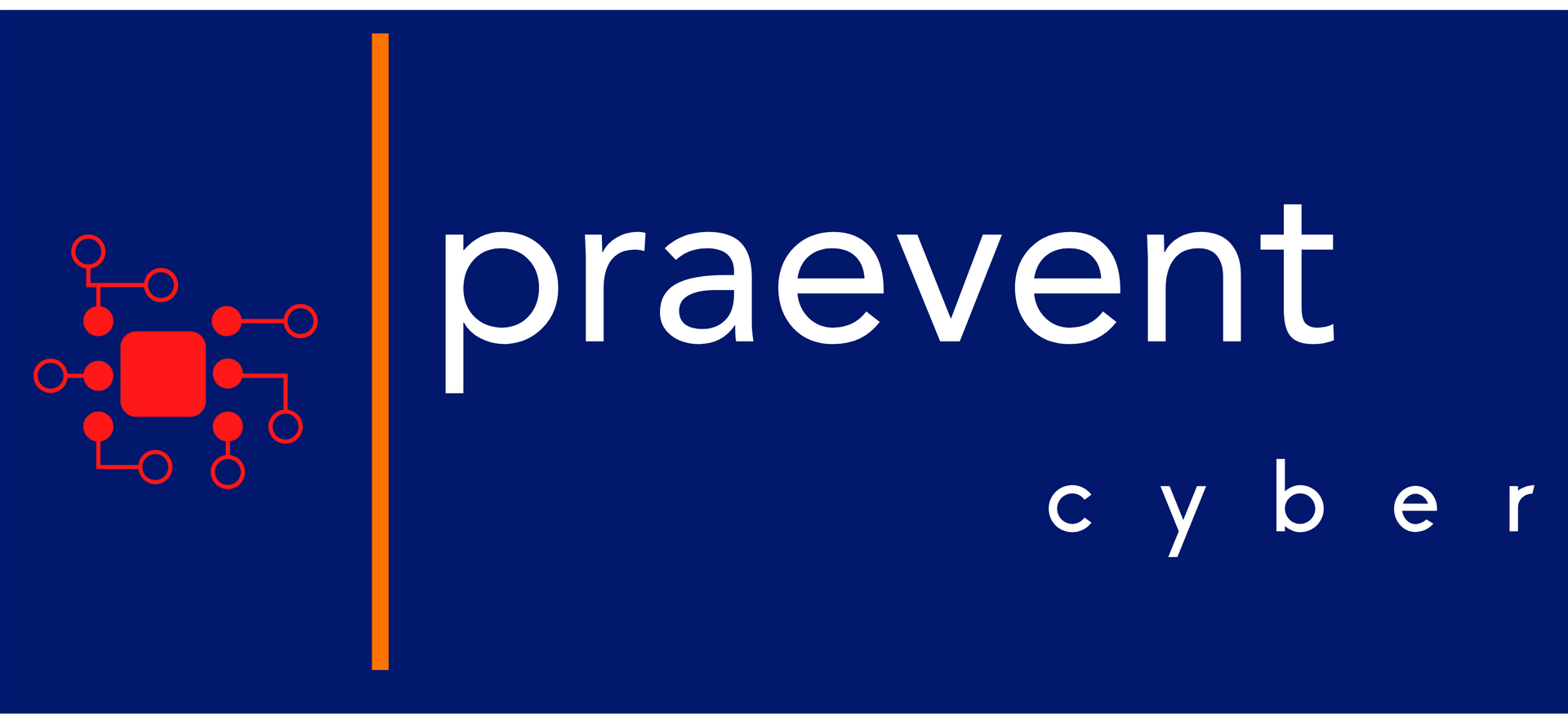Blog Layout
Video version What you don’t know won’t hurt you. Ignorance is bliss.
September 24, 2024

September 24, 2024
Unfortunately, bad actors have figured out that for many people, an "ignorance is bliss" attitude can be quite profitable. This mindset extends beyond just individuals who think, "I won’t be a target." It also affects small businesses that invest in outdated security measures, mistakenly believing they've solved cybersecurity, when in fact they've left themselves wide open to attacks. From the perspective of these cybercriminals, they’re hunting for the vulnerable—much like lions preying on the weakest of the herd. They don’t go after the strongest and most prepared; they target those who make themselves easy prey. These attackers also have expenses—renting servers, buying spear phishing templates, target lists, and developing new malware. Their strategy is multifaceted: they go after smaller entities to cover the bills while also working on larger, more lucrative targets, which take more time and effort to crack due to multiple layers of defense. Practical Steps for Starting Your Cybersecurity Journey Fortunately, there are ways to start protecting your digital presence, some of which are free: - Use a privacy-focused browser like DuckDuckGo that doesn’t track your activity. - Invest in next-generation endpoint protection, as traditional antivirus programs don’t protect against more advanced, 5th generation attacks. - Change your passwords regularly—at least quarterly—and avoid reusing the same password across multiple sites. - Keep your software up to date. Vendors release updates to patch known vulnerabilities, so staying current is one of the simplest ways to protect yourself.

